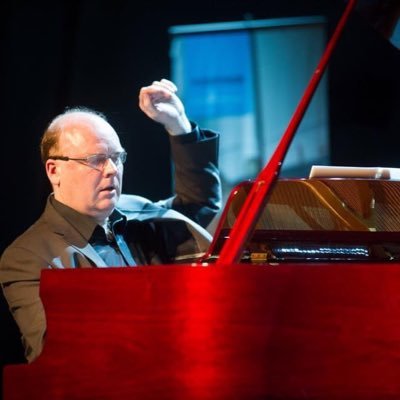
Recent Challenges to Academic Freedom in Musicology
This long read is based upon a paper Professor Ian Pace delivered at the First Music and the University Conference held at City University, London, on 7 July 2022.
The very nature and definition of academic freedom continue to provoke debate. For this reason, in the annex to this document I have included some passages from a series of key documents on the subject from Wilhelm von Humboldt to the present day, which are essentially incremental in nature, and which I use as the basis for my arguments pertaining to musicology.
In the context of musicology, a series of factors have brought the question of academic freedom to the fore. One is the affair known as ‘Schenkergate’, relating to the publication of a special issue of The Journal of Schenkerian Studies in 2020 in response to the article by Philip A. Ewell, Music Theory and the White Racial Frame’ Music Theory, vol. 26, no. 2 (September 2020). The controversy related in particular to an article by Schenker scholar Dr Timothy Jackson, making arguments about the prevalence of antisemitism amongst African Americans, and arguing that their general lack of involvement in music theory had much to do with the low incidence of classical music in the common upbringing of members of this community. Jackson found himself removed from the editorship of the journal as a result. He contested this in court and a Judge determined that this may violate his First Amendment rights. Prior to this, Jackson responded with an article for Quillette, The Schenker Controversy, 20 December 2021, in which he argued that there were many fallacies in Ewell’s argument and reasoning.
The second affair was the resignation from a chair in musicology at Royal Holloway in the summer of 2021 of Professor J.P.E. Harper-Scott (who I will refer to as ‘Paul’, as that is how all who know him address him). He published an article online about his reasons, which included the following:
Without direct experience of academics until I went (as the first of my family) to university, I naively imagined them to be how they were presented in novels and TV programmes: sometimes quite bumbling and unworldly, but always committed to the pursuit of truth, never trusting in a commonplace ‘fact’ without subjecting it to the most serious sceptical scrutiny. This did not turn out to be true.
[…] It is a place filled with generally quite well-meaning people, but on the whole not with brave people, not people who are willing to follow the truth wherever it leads.
[….] I would put the problem in this (Kantian) way: I wrongly supposed that universities would be critical places, but they are becoming increasingly dogmatic.
This was followed by an example of a statement on the need to ‘decolonise’ the classical musical canon, which Paul deemed dogmatic, along with an alternative which he felt was more in the spirit of critical scholarly inquiry.
I share many of Paul’s concerns and am also concerned with the trajectory of events relating to Schenkergate. But these relate to what I perceive as a range of factors which serve to limit and condition academic freedom in academia. So I offer you the following list of these, some of which would concern those on the left, some those on the right, but all of which I think should concern anyone for whom academic freedom is a defining aspect of a university.
(Continues on page two)


